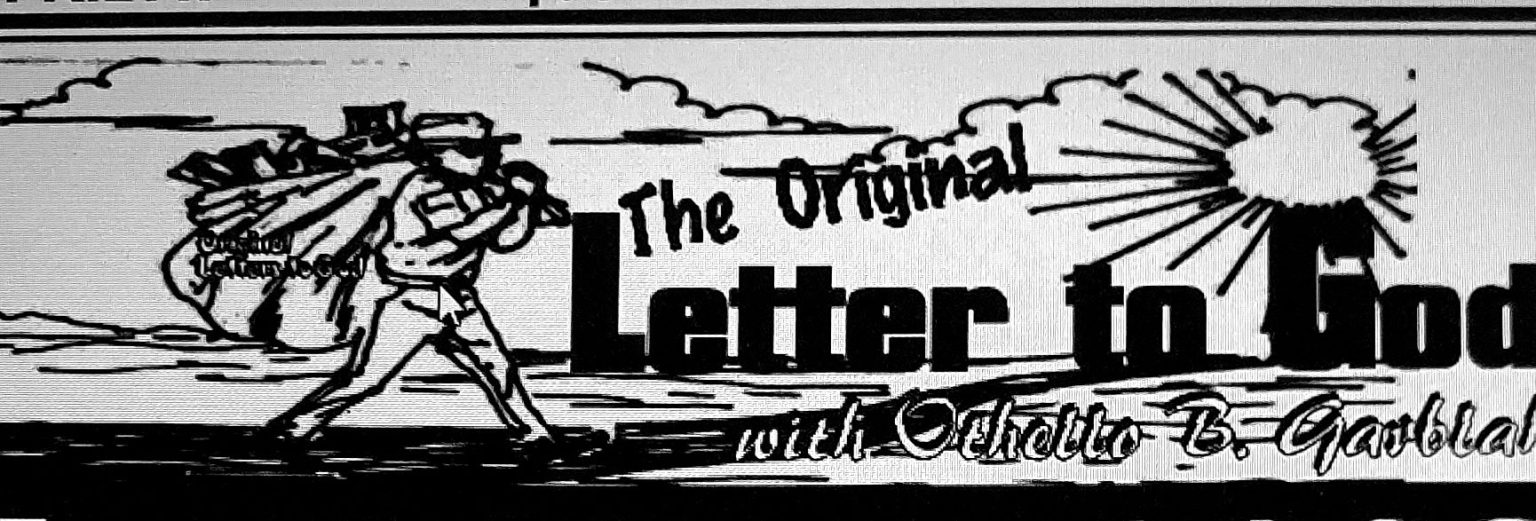In a small community marked by intrigue and tension, there exists a network of traditional leaders embroiled in controversy over corruption within the Traditional Council. Allegations have emerged that local chiefs have bunched together to exchange their signatures for monetary bribes, ostensibly to support the ousting of the current Paramount Chief. Each chief involved in this conspiracy stands to gain $25,000, funded by Uncle Sam’s money for merely signing off on the removal of their leader. This alarming revelation highlights a troubled political landscape where loyalty is bought and sold, raising questions about the integrity and motivations behind the actions of these village leaders.
The controversial environment is compounded by a rumor that the removal of the Paramount Chief is grounded in deeper fissures of dishonesty and malfeasance. It is suggested that the Paramount Chief has mismanaged funds secured for community welfare, contributing to an atmosphere where accusations of theft have become rampant. The village’s second-in-command is allegedly implicated, with claims that he too has benefitted from the misappropriation of council funds. This imbroglio paints a picture of a leadership structure riddled with distrust, where even the strongest alliances can fracture over greed.
As tensions escalate surrounding the potential removal of the Paramount Chief, stories accumulate regarding the lengths to which some chiefs are willing to go to secure their financial interests. Reports indicate that some leaders, who initially supported the Paramount Chief, quickly pivot to take advantage of this emerging situation, motivated by the anticipation of receiving a share of the promised $25,000. The chiaroscuro of loyalty and betrayal reflects a governance model in this village that appears to prioritize personal gain over communal stability, thereby accentuating the dilemma faced by the citizens who rely on these leaders.
Consolidating power within the village has also led to speculation about the political aspirations of certain individuals among the village leadership. The earlier mentioned ‘short man,’ presumably a local chief, is portrayed as attempting to position himself as a hero amidst chaos, with plans to run for president in 2029. This ambition, however, has drawn ire from his peers, notably the Kountry Giant and the Papay number two, who fear that his rise threatens their own interests. The quest for supremacy in local politics mirrors a microcosm of broader national electoral dynamics, yet it is intrinsically tied to the established community’s trust, which is undeniably eroding amidst these revelations.
The complexities of community governance reveal how deeply personal ambitions and collective responsibilities can intertwine, leading to significant moral dilemmas. The villagers are left grappling with the implications of loyalty against the backdrop of political machinations. The implications extend beyond individuals and affect the collective welfare of the community, suggesting a broader need for transparency and accountability among leaders. Furthermore, the narrative reflects the challenge faced by ordinary citizens who must navigate a political landscape rife with shady dealings.
As both public and private narratives unfold, the specter of a crisis of leadership looms large within this village. Allegiances shift and power struggles ensue, fostering an atmosphere of suspicion and discontent. The heavy toll of corruption weighs down community initiatives, leaving residents to wonder who will emerge victorious and whether the stability upon which their lives rely can be salvaged. Ultimately, the quest for justice and integrity in leadership stands as a critical imploration for the community, urging a reflection that challenges both leaders and citizens to truly strive for a governance model that prioritizes the good of the people above all else.














